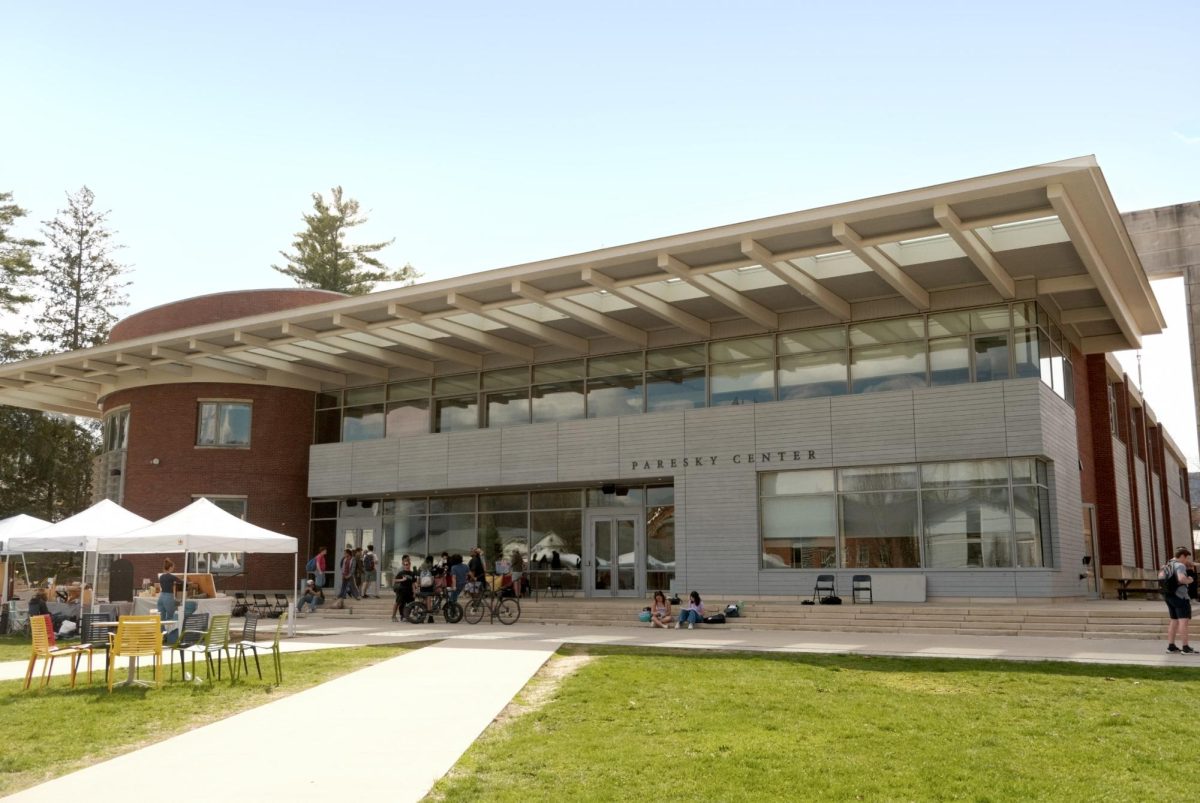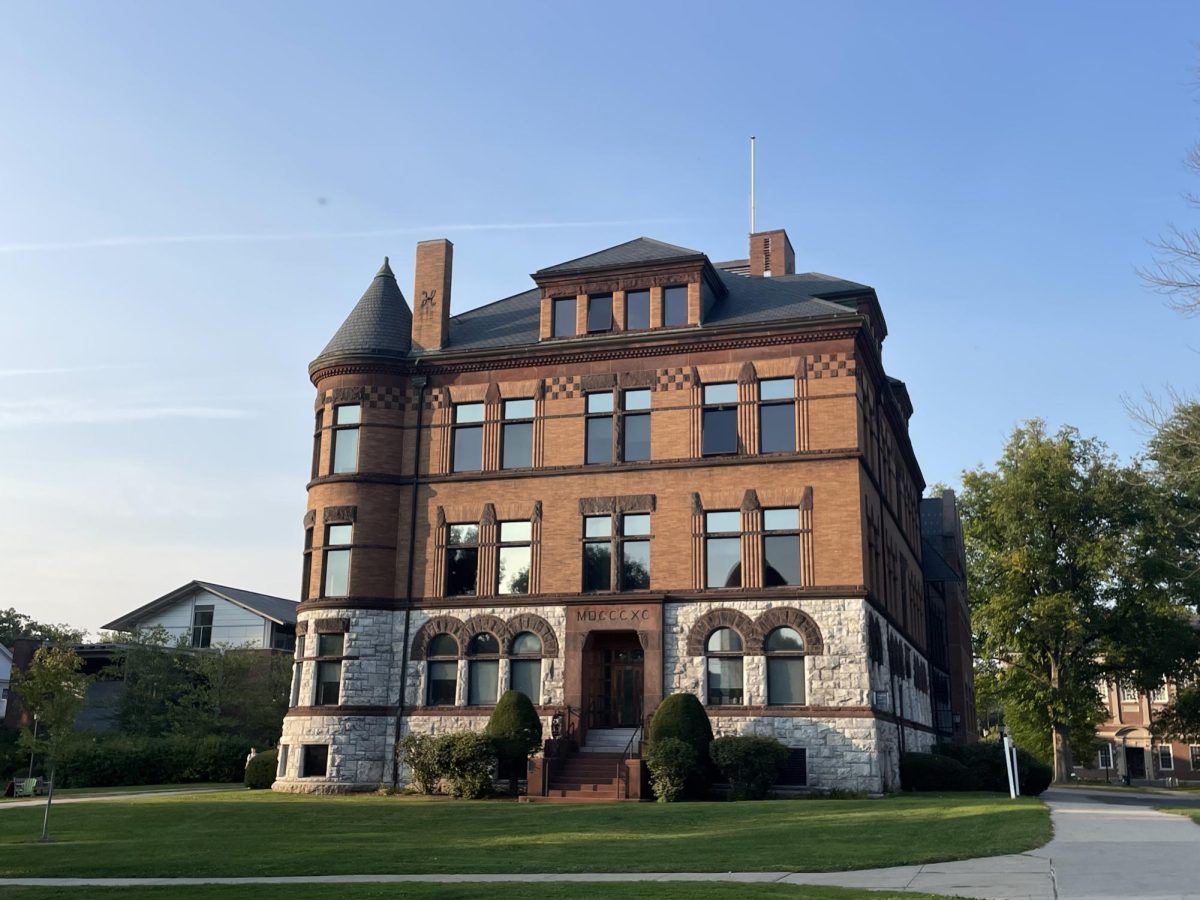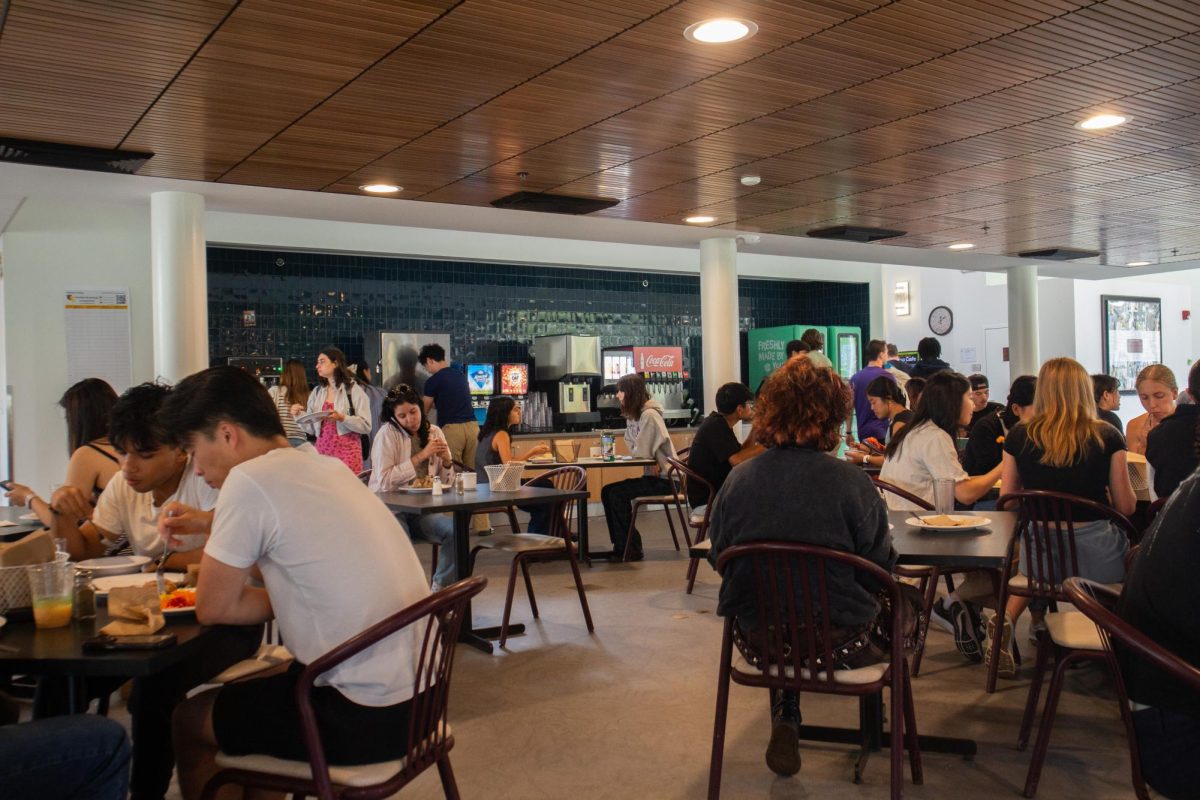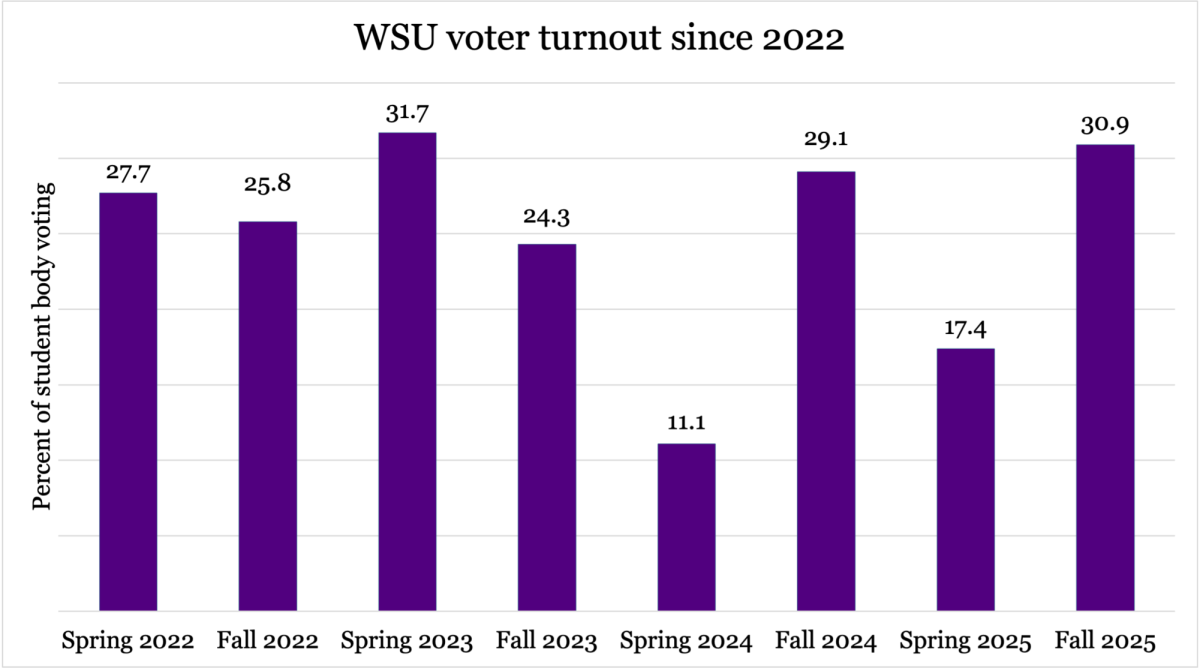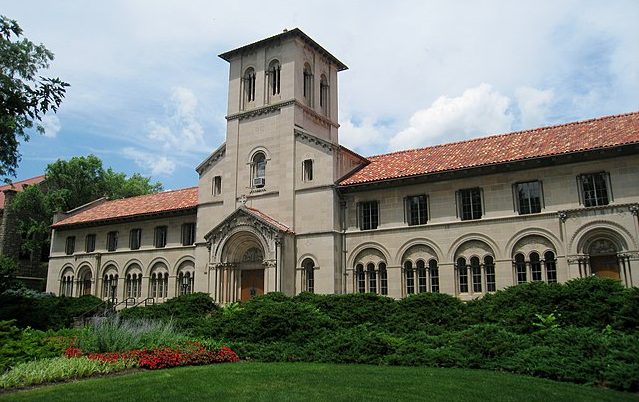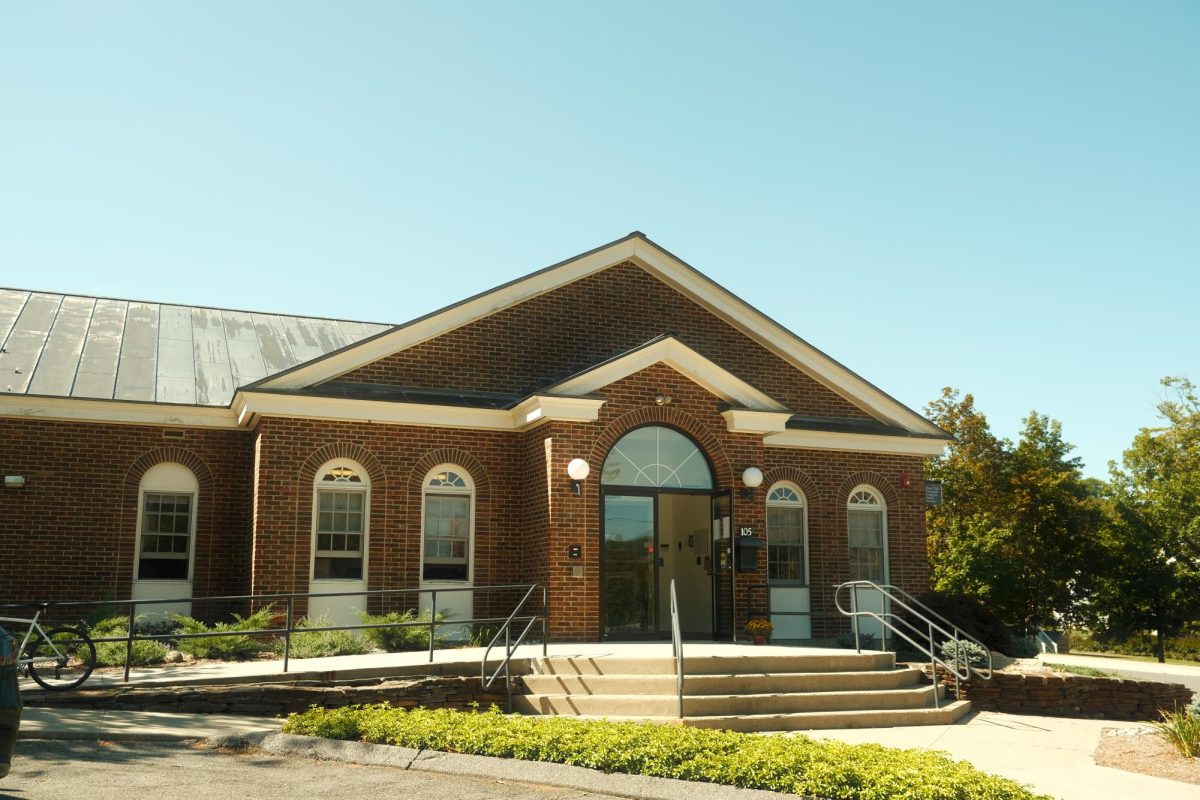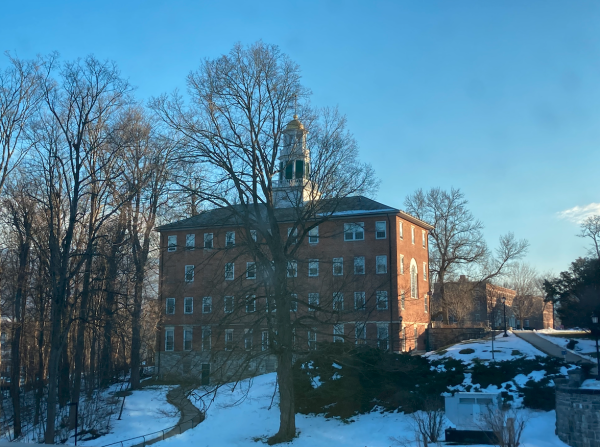
Tonight, faculty will vote on a motion to revise the parts of the Course Catalog regarding Winter Study, including changes to language about the program and rules governing failure of Winter Study courses. The motion was brought to the faculty by the Committee on Educational Affairs (CEA) after a yearslong CEA evaluation of Winter Study.
The motion proposes to remove the catalog’s emphasis on the benefits to faculty in the description of the program, instead focusing on benefits to students, but would not alter Winter Study “in any direct way,” CEA Chair and Professor of Art Guy Hedreen wrote to the Record. “The present motion is intended to bring the language of the catalog up to date, so that it describes the program more accurately and entails rules that feel appropriate to it,” the memo reads.
The motion also proposes that course deficiencies incurred during Winter Study no longer be equivalent to those incurred during a semester. If the motion passes, students will be able to make up a Winter Study deficiency through an additional regular Winter Study course or through an expanded selection of summer courses — in addition to the options students already have to fill a regular semester deficiency. A perfunctory pass in a Winter Study course will no longer incur a deficiency and would simply act as a grade. “These changes to the grading system would make filling a Winter Study deficiency more accessible and fair for students,” Cooper Desmond, student chair of the CEA, wrote in an email to the Record.
The faculty meeting this evening will also continue discussions on the College’s plan to “launch a fully refreshed Winter Study by January 2026,” according to a March 5 memorandum jointly written by President Maud S. Mandel and Dean of the Faculty and Chair of the Committee on Appointments and Promotions (CAP) Lara Shore-Sheppard. The memo suggests no longer requiring that faculty teach Winter Study courses and proposes the creation of a full-time Winter Study coordinator position. Rather than by faculty vote, those decisions will be made by senior staff in consultation with faculty and committees, Hedreen wrote.
CAP has so far received positive feedback from faculty on its proposal, much of which “focuses [on] the opportunities greater flexibility in January would bring to our teaching and scholarship,” Shore-Sheppard to the Record.
“From my vantage point, it’s been just about the right pace for this kind of change in terms of thoughtful engagement from lots of constituents over time,” Mandel told the Record.
Haley Zimmerman contributed reporting.









